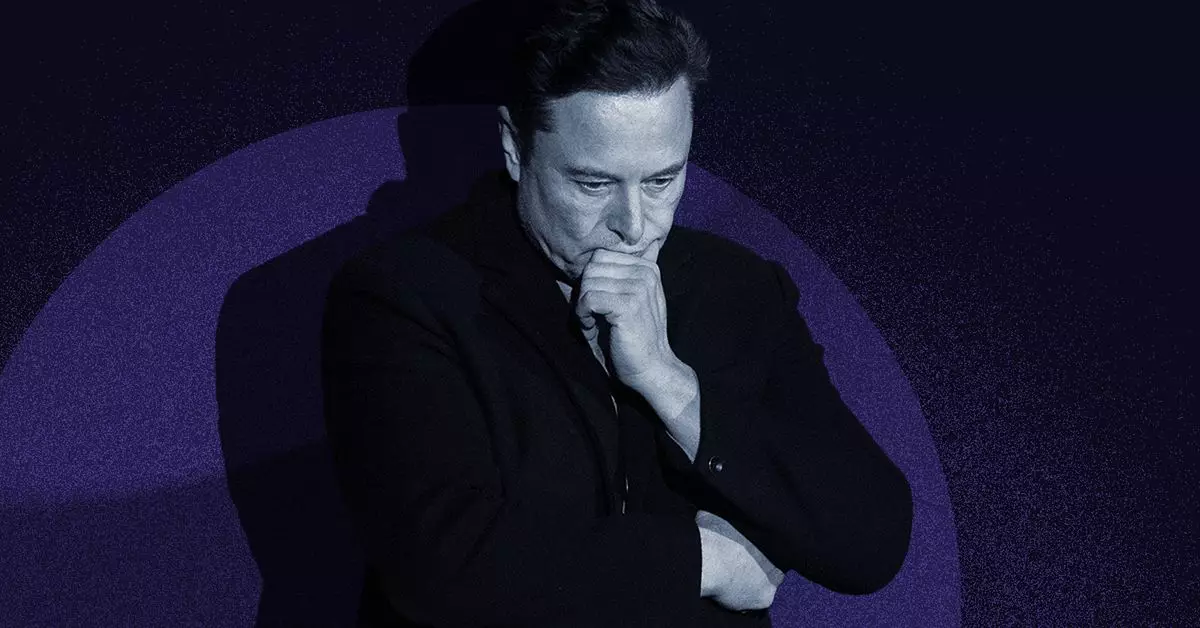Elon Musk, a figure synonymous with innovation and disruption, has recently ventured into a new arena: government oversight. As co-lead of the hypothetical Department of Government Efficiency (DOGE), Musk’s commitment to reforming bureaucratic inefficiency is admirable on the surface. However, his approach raises significant concerns about the ethics of public criticism and the ramifications of social media harassment. Highlighting individuals within government sectors as representatives of wasteful spending can ignite public outrage, but the consequences for those individuals and the broader civil service community can be devastating.
One of the most alarming incidents involved Ashley Thomas, the Director of Climate Diversification at the US International Development Finance Corporation. After a screenshot targeting her role went viral through a Musk retweet, the response from his massive following was predictably aggressive. This showcases a chilling trend where a powerful individual utilizes their platform not just for dialogue, but as a vehicle to instigate mob behavior. The resonance of Musk’s 33 million-view post exemplified not just his reach, but the power of social media as a tool for vigilante justice disguised as public interest.
The fallout for Thomas was immediate and unequivocal. Her social media profiles, which were once open for professional networking, became private as she faced waves of harassment. This is significant given that harassment is not merely an isolated incident; it is a sustained threat against many public figures who find themselves at the mercy of random online mobs. Everett Kelley, president of the American Federation of Government Employees, succinctly articulated the anxiety such public scrutiny creates among federal employees, calling it an act of “sowing terror and fear.” This sinister byproduct of social media engagement raises questions about the boundary between legitimate criticism and targeted harassment.
Musk’s consistent framing of these actions under the banner of “free speech” complicates the narrative. While free speech is a fundamental concept, its application often brings ethical dilemmas that stretch the boundaries of personal responsibility. By wielding his influence so liberally, Musk establishes a new norm where public figures can be held to account through harassment and ridicule, rather than respectful discourse. This perspective can undermine the quality of discussion surrounding government efficiency, reducing serious policy debates to trivial pursuits of personal attacks and memes.
Looking ahead, this pattern shows no signs of slowing down. With Musk and Ramaswamy expressing intentions to conduct a significant amount of their work publicly—which may include targeting civil servants with critical lances of commentary—the implications for public discourse are staggering. Instead of fostering constructive discussions on government efficiency, this approach could eliminate openness and collaboration, leading to a climate of fear among individuals working to serve the public.
While Elon Musk’s involvement in government efficiency might promise a reimagining of bureaucratic effectiveness, the tactics employed in such endeavors are deeply troubling. It is essential to question not only the motives behind the visibility of individual roles but also the ethical frameworks guiding public conversations, lest they morph into instruments of harassment rather than avenues for genuine reform.

